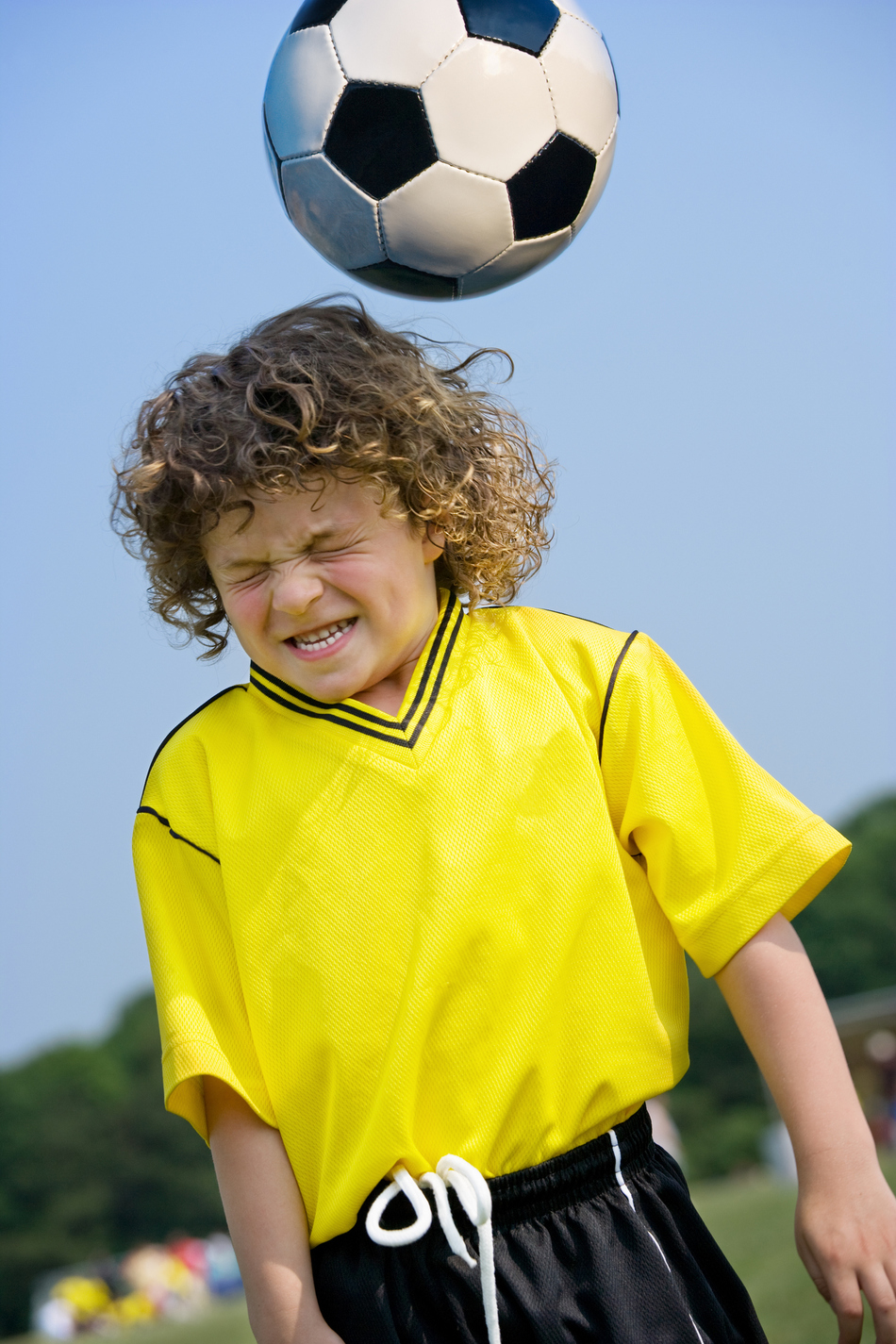
Episode Transcript
Dr. Gellner: Parents are often concerned by some scary symptoms their child has that aren't necessarily scary to your pediatrician. We'll discuss a few common scary concerns today on The Scope. I'm Dr. Cindy Gellner.
Announcer: Keep your kids healthy and happy. You are now entering "The Healthy Kid Zone" with Dr. Cindy Gellner on The Scope.
Dr. Gellner: Kids can do some pretty scary-looking things. They get weird rashes, they stop breathing when they cry and they bang their head against the wall. Those are the top three concerns I hear that freak parents out. One scary rash we see a lot in toddlers and elementary school kids happens after another scary symptom: a high fever for several days. The fever goes away and this red rash appears on their back and chest. That's roseola and it's caused by a virus. It's pretty harmless but contagious until the rash goes away. Nothing you do will make it go away faster and most kids get it at some point.
Another rash that looks scary but isn't to most is caused by a virus called parvovirus. No, not the kind your dog gets vaccinated for, that's a different strain. This one causes their cheeks to turn bright red like someone slapped them. That is why it is also called slap cheek syndrome. They will also get a lacy appearing rash on their arms and legs. Once your child gets the rash, they're not contagious anymore. But this is a rash you need to let any pregnant woman around your child know about. It can hurt unborn babies so pregnant women need to let their OB know so they can get testing right away.
Next are breath-holding spells. I know how scary these can be because my boys had these too. My little guy would hold his breath until he had a seizure sometimes. Kids get so upset, either a big temper tantrum or they got hurt, and then they cry and then they hold their breath, and then their lips turn blue, and sometimes they pass out. Then they start breathing on their own again and wake up as if nothing happened. About 5% of kids under 8 have these. The good news is that, by age five, 80% of that 5% would have stopped this behavior.
Sometimes, if a child is anemic, taking iron supplements will help this. If your child is not anemic, do not just give them extra iron. Too much iron isn't a good thing. Now, if your child is not having a breath-holding spell and stops breathing or is having a seizure, that's time to call 911.
Last is head banging or hitting, in older infants and toddlers. I frequently get asked by parents if this will cause their child to have brain damage, if they need to wear a helmet, or if their child has some sort of mental illness. The good news is the answer to all of these is no. It may seem odd, but this is actually a self-calming behavior their child is doing. Kids usually stop doing this by age two but can continue until age four. Trying to figure out ways to get your toddler to calm down before they get to the head banging part helps.
Head banging is only worrisome, when a child has other concerning behaviors, such as not making eye contact, speech delay, or rocking themselves repeatedly when stressed. That could be autism and most of us pediatricians screen for that at 18 and 24 months as part of their well visits.
Pediatricians hear a lot of scary symptoms. It's good to ask if you have any questions about your child's symptoms to make sure it's not anything that needs further investigation.
Announcer: Thescoperadio.com is University of Utah Health Sciences Radio. If you like what you heard, be sure to get our latest content by following us on Facebook. Just click on the Facebook icon at thescoperadio.com.